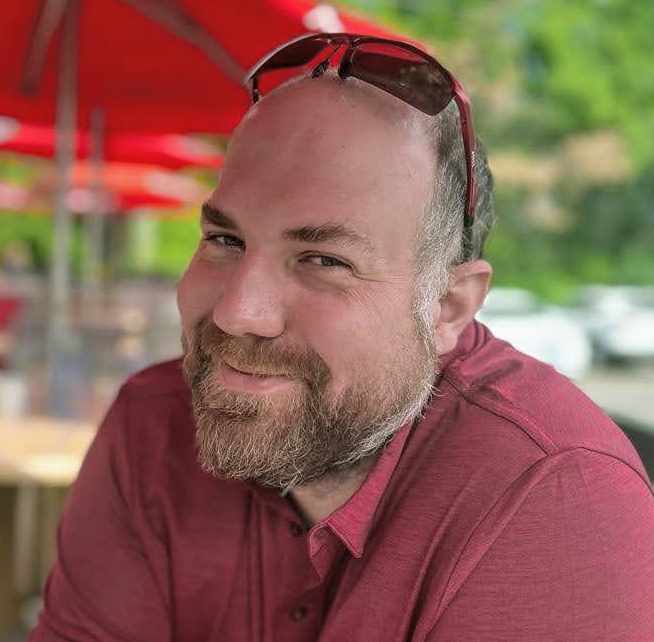I feel like I write this blog post every few months. Or maybe I don’t actually write / publish it, it’s hard to know what I’ve been thinking about writing and what I’ve actually written((http://stephboisvert.ca/2018/04/08/wisdom/))((http://stephboisvert.ca/2014/01/11/know-thyself/)).
At some point in life you start to learn about self actualization & self transcendence and the paradoxical way that self actualization leads to self transcendence. Somehow, having a better realization of one’s self leads to a realization that there is no real “self” without everything around it. We aren’t this “self” in a vacuum, we are part of something bigger.
It’s a bit like if you think about the human body as a collection of cells. While yes, the cells are all distinct and unique((Just as everyone named Chad is “unique”)) but really they form tissues that form organs that forms a body.
The cell has no concept of me. It doesn’t understand what a “Stéphane” is. And yet, there is no Stéphane without cells.
Anyway, the original subject of this post wasn’t supposed to be on self actualization and that, but rather on how often we come to learn things, usually waves hands in the air “deep meaningful things” about the state of the world, consciousness or ourselves. On how to be compassionate or on how to self regulate or on how we always alternate between the victim, the saviour and the villain.
But that wisdom is ephemeral. We forget. Someone cuts us off in traffic and we forget about the actor observer bias and we just muter to ourselves about their incompetence.
It’s not enough to “know” stuff. We need to live it. We need to integrate it in our daily lives. And to me, that is true wisdom.


